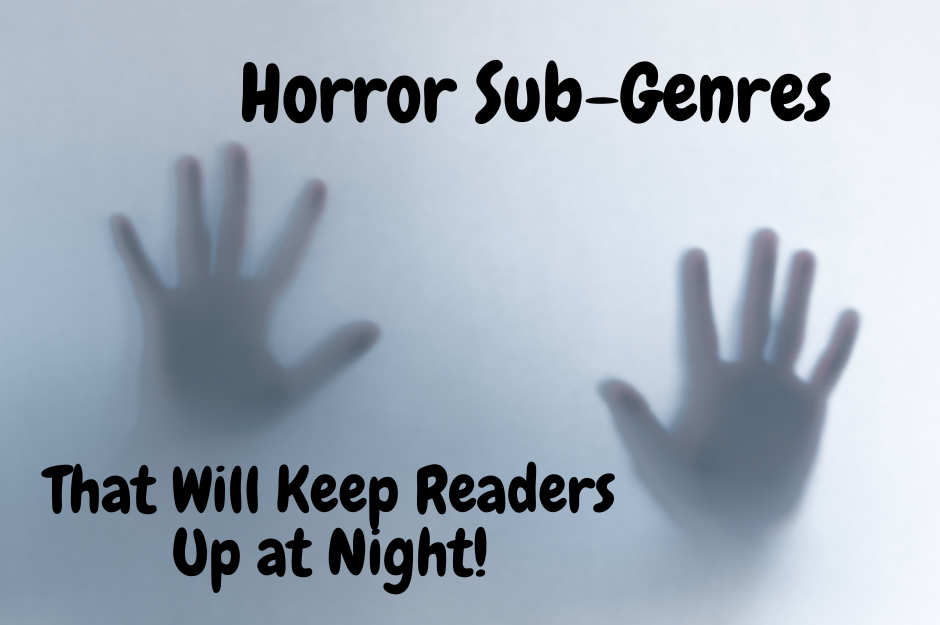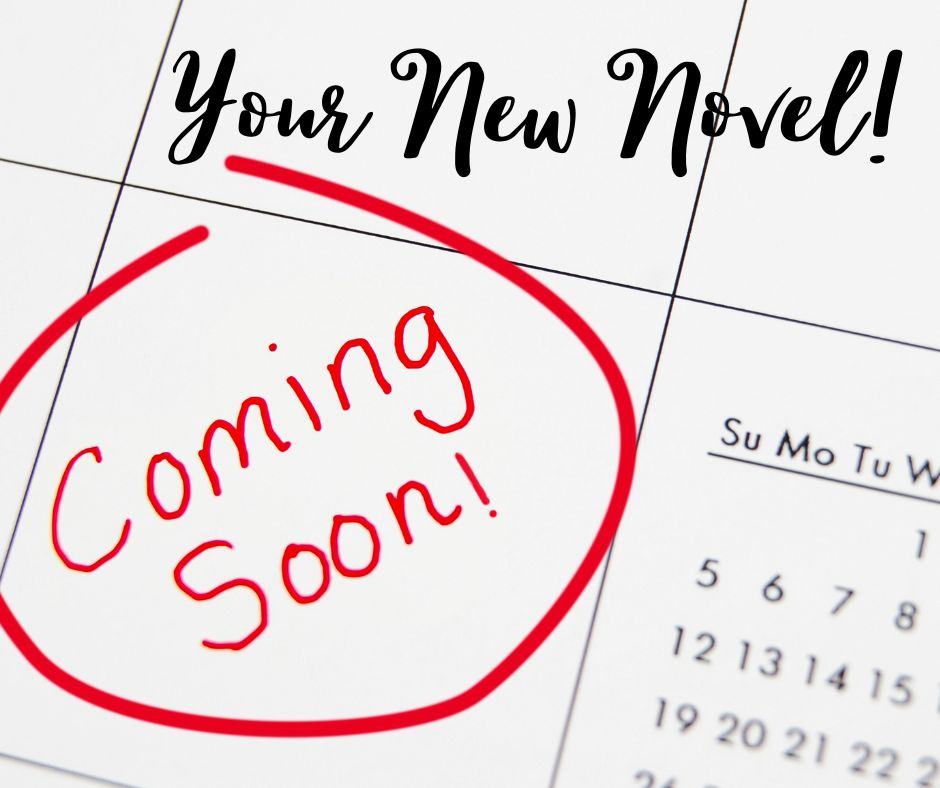|
Listen to or download this article:
|

When it comes to selecting an approach to review and revise their work writers have plenty of options. They can read it forwards; backward; silently; out loud to themselves, a friend, or even the family pet.

Regardless of the choice, a writer can end up reading it so many times their eyes cross, blur, or melt.
I found reading my work aloud was beneficial, but because I sometimes missed simple mistakes, I wasted valuable time going back over the material time and again. It took repeated face plants against the keyboard to uncover my problems.

Will anyone see my cry for HELP?
Reading too fast: My brain would fill in a missing word or skip over an unnecessary word: What was supposed to be written versus what I’d actually written.
Fast eyes; slow mouth: I found my eyes would be five to ten words ahead of my mouth.
Boring: Finally, and a most painful realization, I soon became bored at hearing my own voice read something aloud I knew inside and out. Thus, my attention wavered. I remembered my parents complained about my attention— hey, look at the puppy.

Several years back, I found a cure after listening to a book on my old 3G reader and its Text-to-Speech option. The author overused different iterations of the word grimace throughout the book, which the computerized voice pronounced as ‘gri-moss.’ I reread some of the text and grimace was not as noticeable as hearing it. I knew it was a time for a change.

Text to Speech (TTS) is a computerized program that turns text (words) into speech and is available on most Windows-based and Mac systems. (FYI: I use a Windows system, which translates into I’m Mac-challenged.) There are commercial TTS programs, free or fee-based, that you can load onto your system.
I personally prefer the TTS, Windows-based, free program Balabolka for all of my editing and revision. There are different ways to use the program, but I run it on one screen and listen to the words while I follow along with the manuscript on another screen.
Whenever I find an issue or, more importantly, discover a sentence, paragraph, or scene that is grammatically correct but doesn’t sound quite right or could be sharpened, I’d stop the voice and make the correction.
The effect is both amazing and humbling.

I like Balabolka because it’s easy to use; you can adjust volume, pitch, and rate of speech; insert pauses; adjust the pronunciation of words, so you avoid gri-moss and it remembers the change; and, what I think is the best feature, is you can create an MP3 file (similar to a music file) of your work—a sentence, paragraph, or an entire manuscript. Now you can take your work with you and listen to it on a phone, music player, in your car, or send it to a friend for a critique. It’s like an instant audiobook of your own work. Here’s a word of caution. You may not want to listen to your work while on a treadmill because if you hear a mistake and stutter step, you’ll ricochet yourself against another machine and hit the wall. It’ll leave a mark.
For those who may be skittish about the electronic voice of a TTS program, I urge you to stick with it. For me, I no longer hear it. You can purchase professional programs (for Windows and Mac systems) that offer different languages with regional accents or dialects in adult male, female, and children voices such as: American English—Southern, English—Irish or Scottish, Russian, German, French, Japanese, etc., which can cost between twenty-five and forty bucks. Some companies run periodic sales.
Some authors I know use the professional voice options to hear their genre-specific manuscripts. For example, a kid or teenager’s voice for Children/Young Adult; southern drawl for a Civil War-era piece; Texan for Western, and so on.
TTS is a permanent part of my writing toolkit, which means I no longer get bored listening to myself talk.
Priceless.
Here are some links to tutorials that you may want to consider:
Balabolka: An Introduction and Overview
Balabolka: Text to Speech and Saving Text to MP3
Balabolka: Importing the Dictionary and Word Pronunciation
How to use Balabolka for Accessible Textbooks
A note from the Editor: Craig’s Bio:
Craig Anderson served for twenty-six years in the US Air Force, completed an MFA in Creative Writing for Fiction, and a Graduate Certificate in the Teaching of Writing. He is a professional book reviewer, manuscript evaluator, mentor, and book editor for nonfiction and multiple fiction genres with Chanticleer Reviews and Editorial Services. An avid writer, he’s authored the forthcoming thriller Grabbed and Gone. He, his wife, and five large dogs dwell in Eastern Washington State.

Craig after a cup of coffee...
 Craig Anderson before a cup of coffee…
Craig Anderson before a cup of coffee…








This can be handy! Thanks a lot!